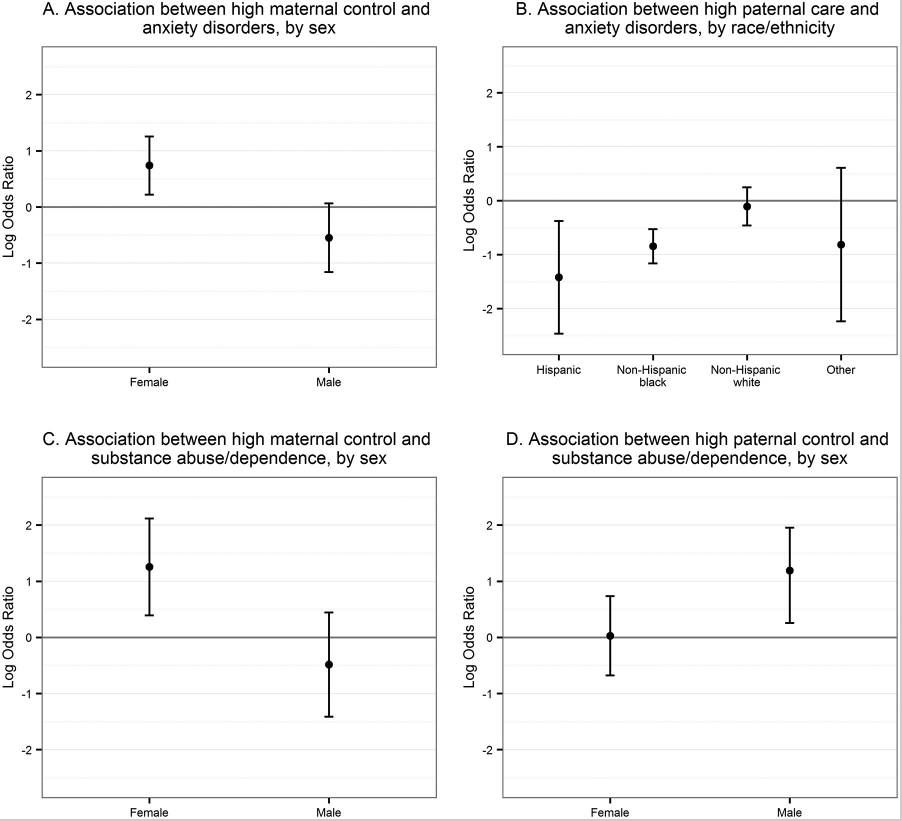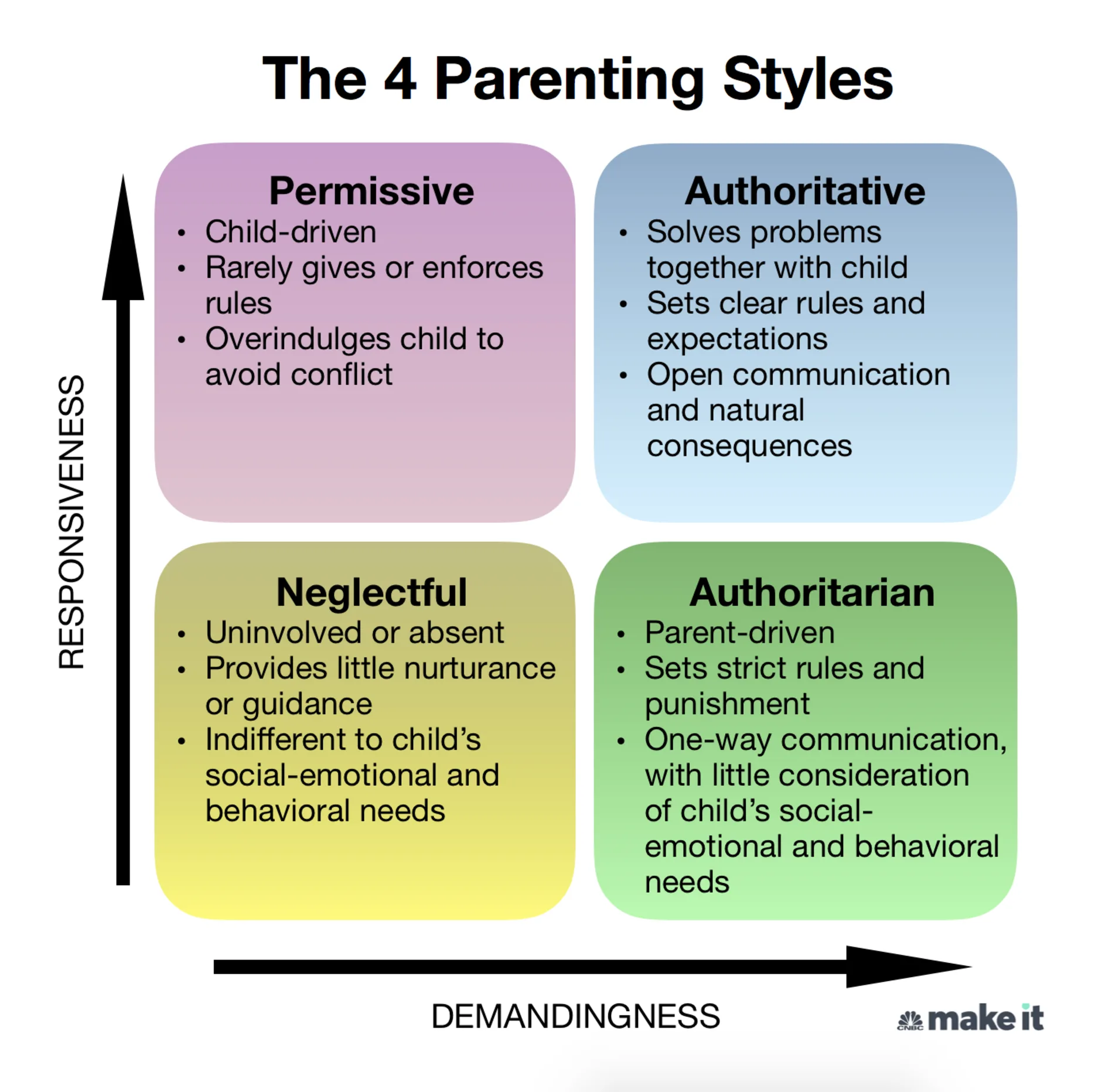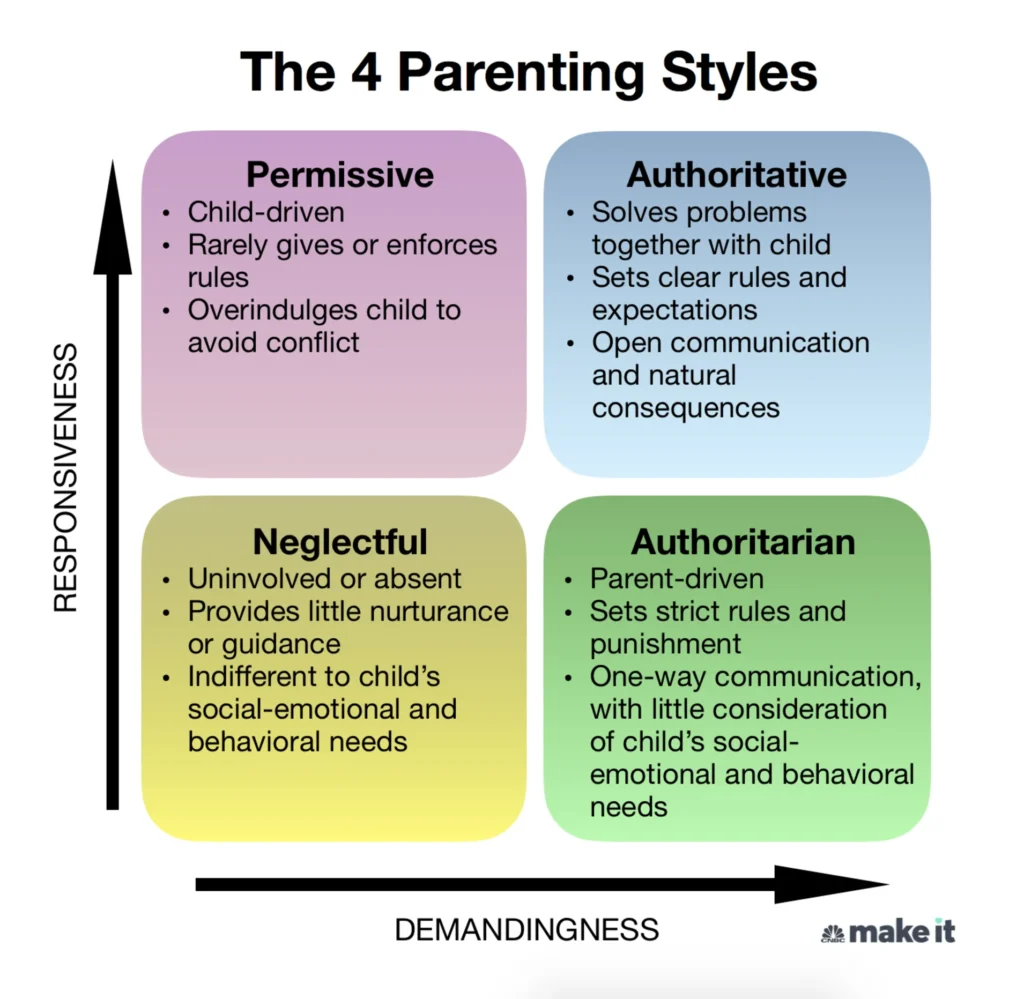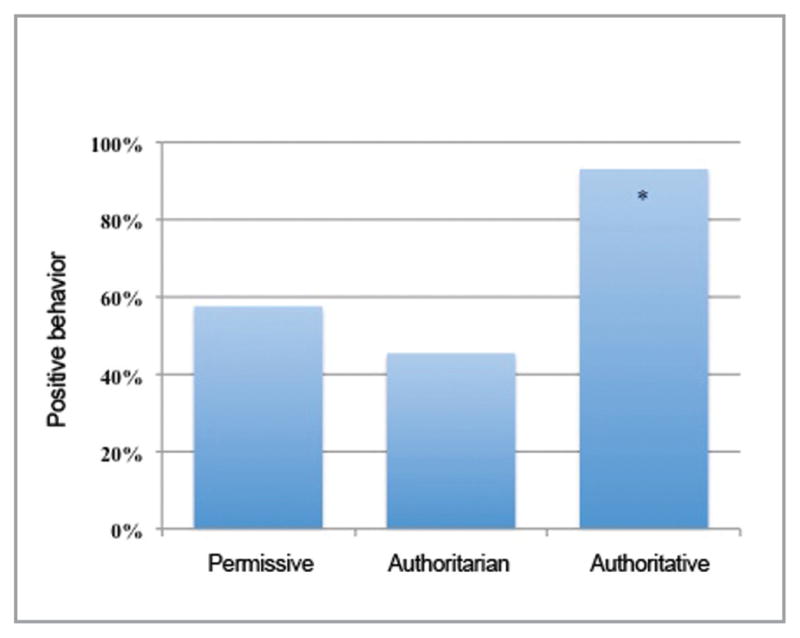There are numerous sources that tell you how to be a good parent but very few of them actually present the evidence. In an effort to demystify medical literature for the masses, here are some things to consider when looking at your Parenting Style and how it effects your child’s behavior.
The Consensus
Psychologist Diana B Baumrind, of UC Berkley, was an internationally recognized researcher on this very topic. She more or less wrote the book during her impressive 58 year tenure with the Univeristy of California. Baumrind discovered the four basic types of “Parenting Styles” we still reference in the medical literature today.
- Authoritarian: Highly demanding, cold and sometimes harsh
- Permissive: Warm and responsive but lacking any real structure.
- Neglectful: uninvolved or absent with no real guiding hand or emotional involvement
- Authoritative: cooperative problem solving with clear rules and expectations
Breaking it Down
- Authoritarian:
- Permissive:
- Neglectful:
- Authoritative:
The Evidence
In 2015 Dr. Howenstein, et al., observed parenting styles and how they correlated to a childs behavior when they went in for dental visits. Of the four parenting styles, the Authoritative parenting style was associated with less cavities and overall better behavior. Authoritarian style came in last while the permissives were only slightly better than the authoritarian’s.
Paul Carroll published his findings to reduce authoritarian and permissive style parenting through workshops on positive discipline. This evidence, published in 2018, also showed an overall decrease in parental stress, increased academic performance, and decreased hyperactive behavior. This is great news for us parents. Anything that can simultaneously decrease my stress while making my kids be better human beings is an easy win!
Another interesting piece of evidence out there in the wild comes from the a 2019 publication in Social Psychiatry and Psychiatric Epidemiology. This particular study shows evidence of increasing parental control can contribute to higher incidence of mental disorder. Strangely enough the graphs below also show a gender bias that a paternal role seems to effect male children while maternal role effects female children. There is some overlap in the values so this may just be coincidental and not statistically significant. My interpretation of this is that both parents provide a role. It would be interesting to see this study carried out in single parents and see if the gender differences are still there.

The Take Home Message
Dr. Thomas Power nailed it when he state the obvious question in his 2013 review article “Parenting Dimensions and Styles: A Brief History and Recommendations for Future Research”. He stated “which approach is best?”
Dr. Power noted that Baumrind’s parenting styles are the only empirically driven models out there. He was cautious to really nail down any one style as the best but did encourage new research to be done. Such non-committal avoidance is essentially saying definitely maybe. This would lead me to believe he takes a more permissive approach and avoids conflict. However, all evidence I have seen thus far would lead me to believe that the authoritarian style is probably the one we should try to limit as much as possible.
The authoritative style on the other hand seems to provide a balance between the permissive nature of being the cool parent with the iron fist of being overly protective. I think as a parent we should strive for some type of balance in that realm and try to be as authoritative as possible. For clarification, its authoritative and not authoritarian.
It seems like much of this is stating the obvious. Don’t let your kids do what ever they want, but don’t make overly impossible expectations either.








